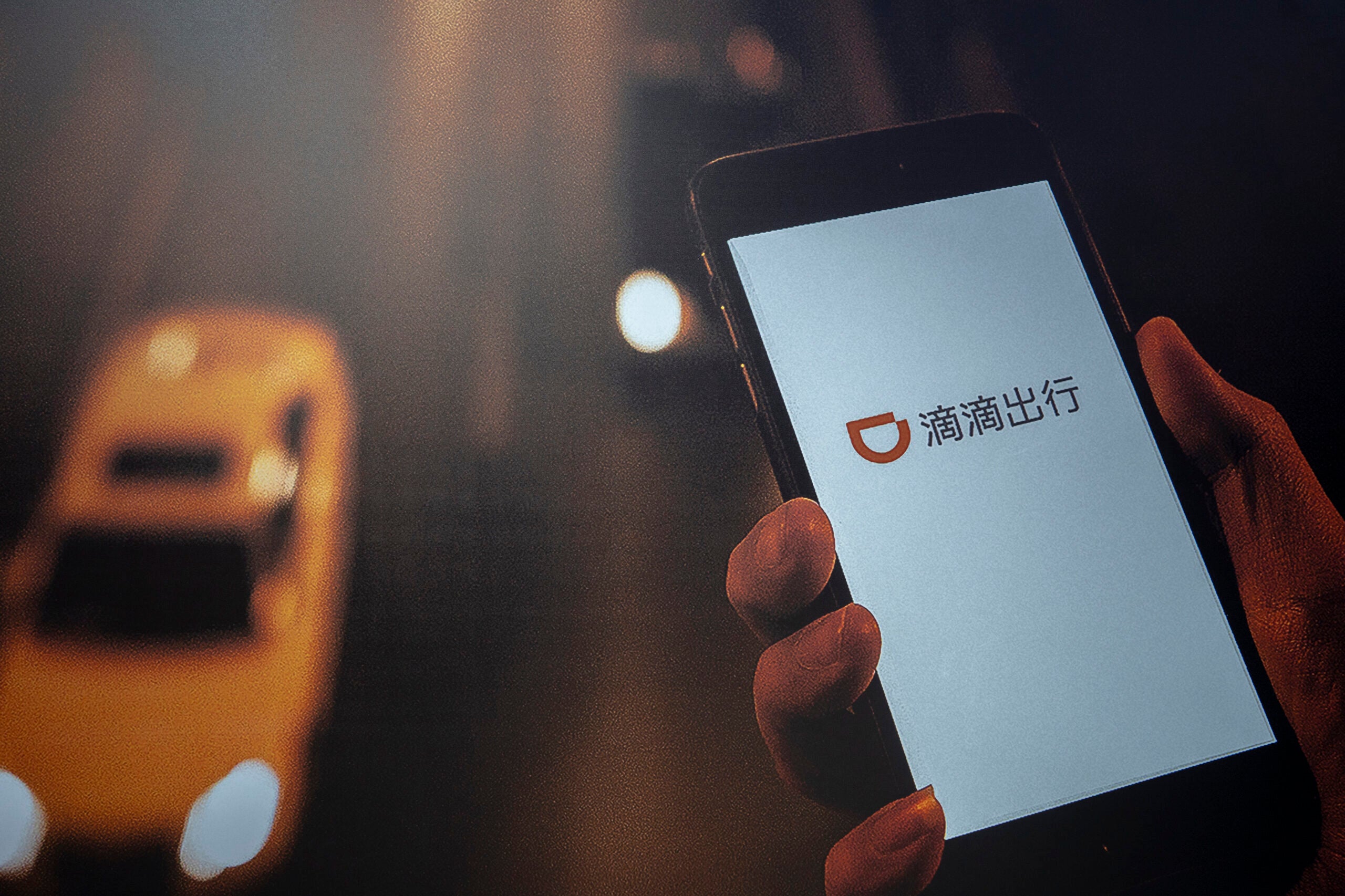
Chinese ride-hailing giant Didi Chuxing was reportedly advised by the country’s cybersecurity watchdog to halt its initial public offering (IPO) and to review its network security, weeks before the company made its New York Stock Exchange (NYSE) debut, per Wall Street Journal report.
The report did not disclose whether Didi carried out its own review, but a person close to the matter told the Wall Street Journal that the company decided to press ahead with the IPO as it faced pressure from investors. The Cyberspace Administration of China (CAC) launched an investigation into Didi on Friday, just two days after the company went public.

Access deeper industry intelligence
Experience unmatched clarity with a single platform that combines unique data, AI, and human expertise.
Afterwards, Didi publicly announced that it had no knowledge of the investigation prior to its IPO.
The CAC and the China Securities Regulatory Commission separately held discussions with the company about whether it should consider Hong Kong as an alternative listing venue to New York. As part of China, Beijing considers Hong Kong to be more secure than the US, the Financial Times wrote.
Didi raised billions of dollars from prominent venture capitalists, wrapping up its pre-offering “roadshow” in a matter of days in June – much shorter than typical investor pitches made by Chinese firms. In the absence of an outright order to halt the IPO, Didi went ahead.
Upon listing on the NYSE, the company raised $4.4bn, making it the biggest IPO of a Chinese company since Alibaba’s 2014 float.

US Tariffs are shifting - will you react or anticipate?
Don’t let policy changes catch you off guard. Stay proactive with real-time data and expert analysis.
By GlobalDataMeanwhile, in Beijing, officials remained wary of the ride-hailing app’s trove of data potentially falling into foreign hands as a result of greater public disclosure associated with US listings, according to the Wall Street Journal report.
“Beijing is moving to punish companies that have listed overseas, notably in the US, and have large foreign shareholders. The regulator claims that actions like Didi’s lead to leakages of Chinese data to hostile powers and the US is unambiguously hostile,” said GlobalData analyst and China specialist Michael Orme.
Chinese regulators have recently tightened rules on the collection, storage and handling of personal data gathered by the country’s tech companies. After Didi, the CAC also started a probe into truck-hailing business Full Truck Alliance and online job seeking platform Zhipin.com. Both apps, as well as Didi, are blocked from app stores in China and thus unable to register new users until further notice.
Besides the investigation into Didi’s handling of user data, the company also faced a mountain of antitrust investigations in China. Earlier this month, The State Administration for Market Regulation (SAMR) stated it would launch an investigation into whether Didi used any competitive practices that unfairly squeezed out smaller rivals, Reuters reported.
According to GlobalData’s companies database Didi serves 550 million users in more than 4000 cities, where it gathers vast amounts of real-time mobility data every day.







